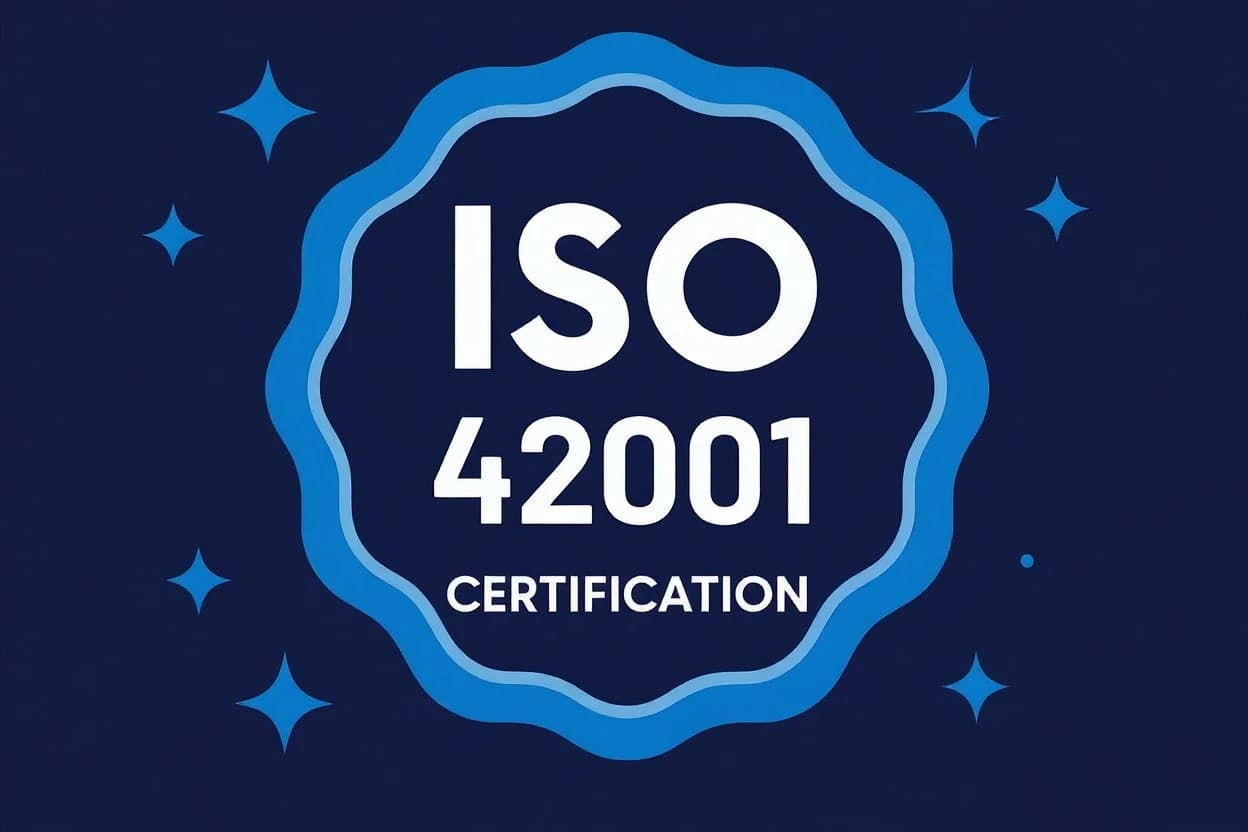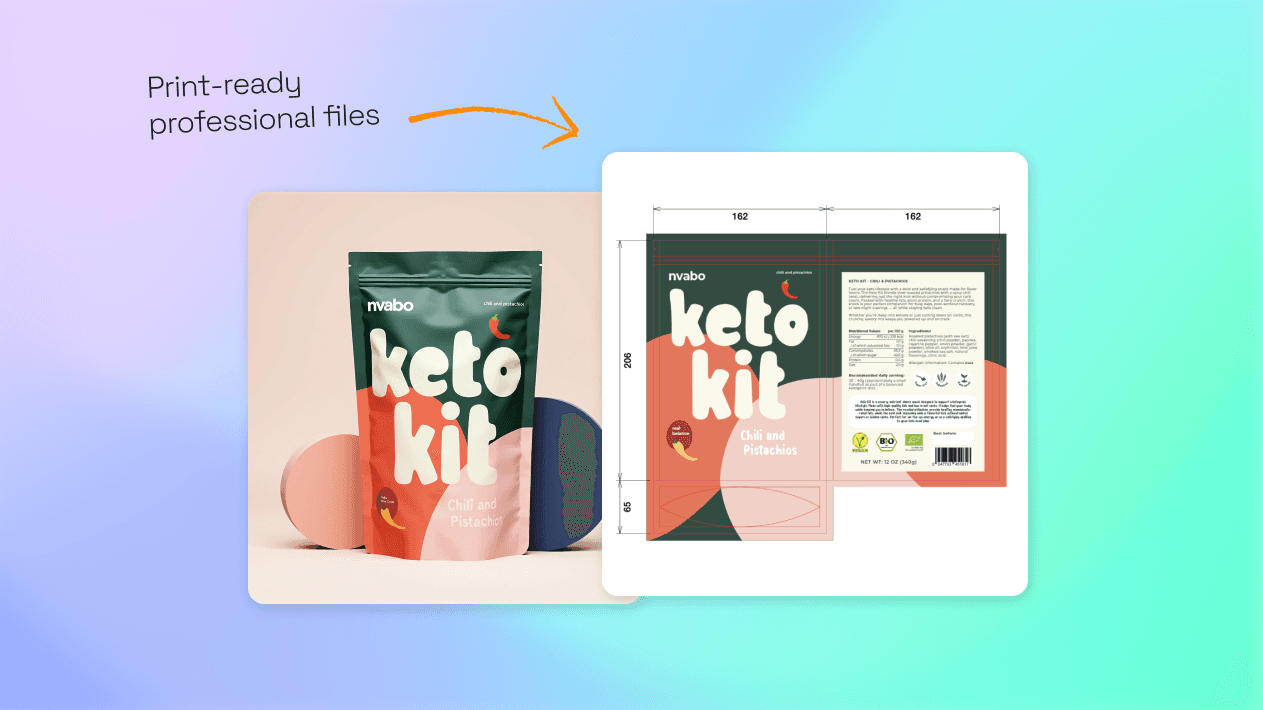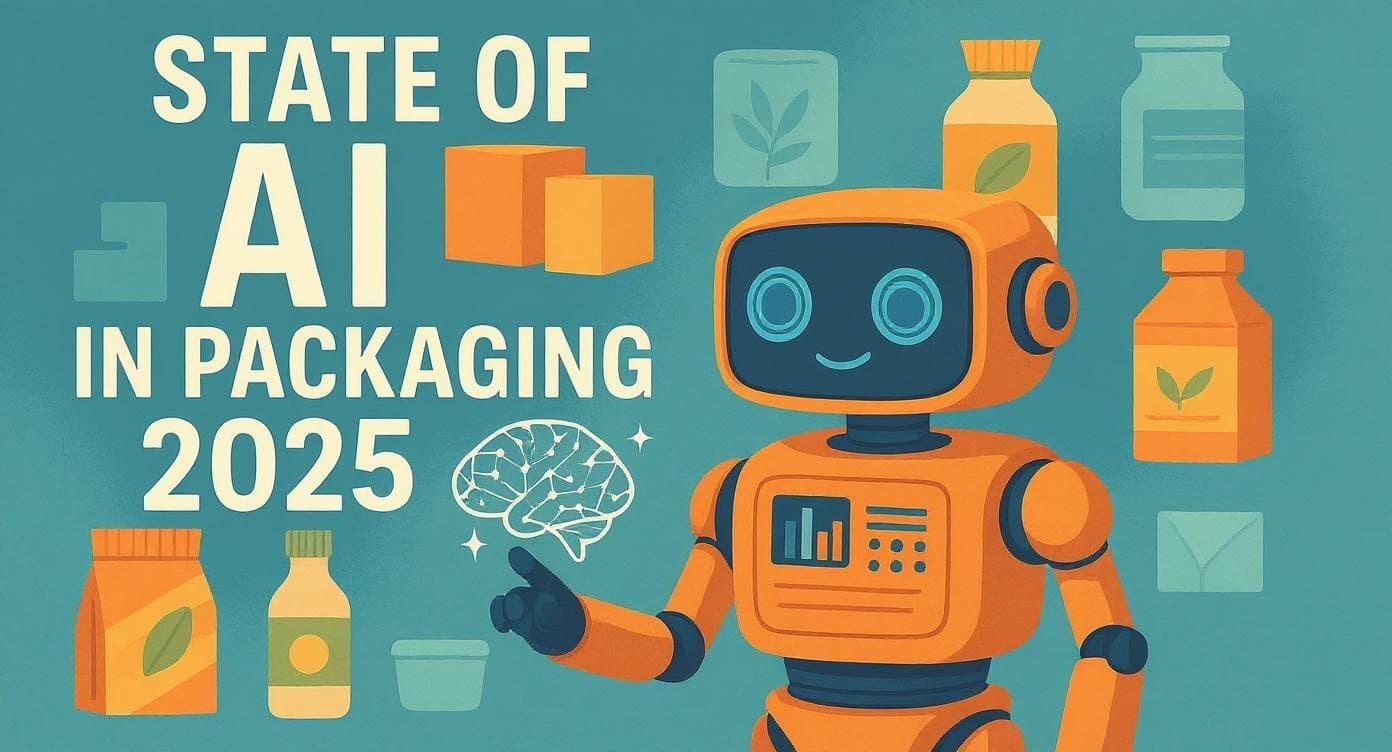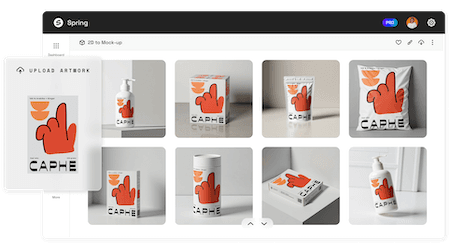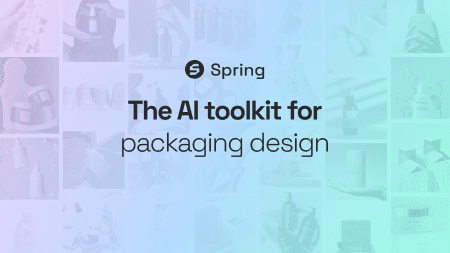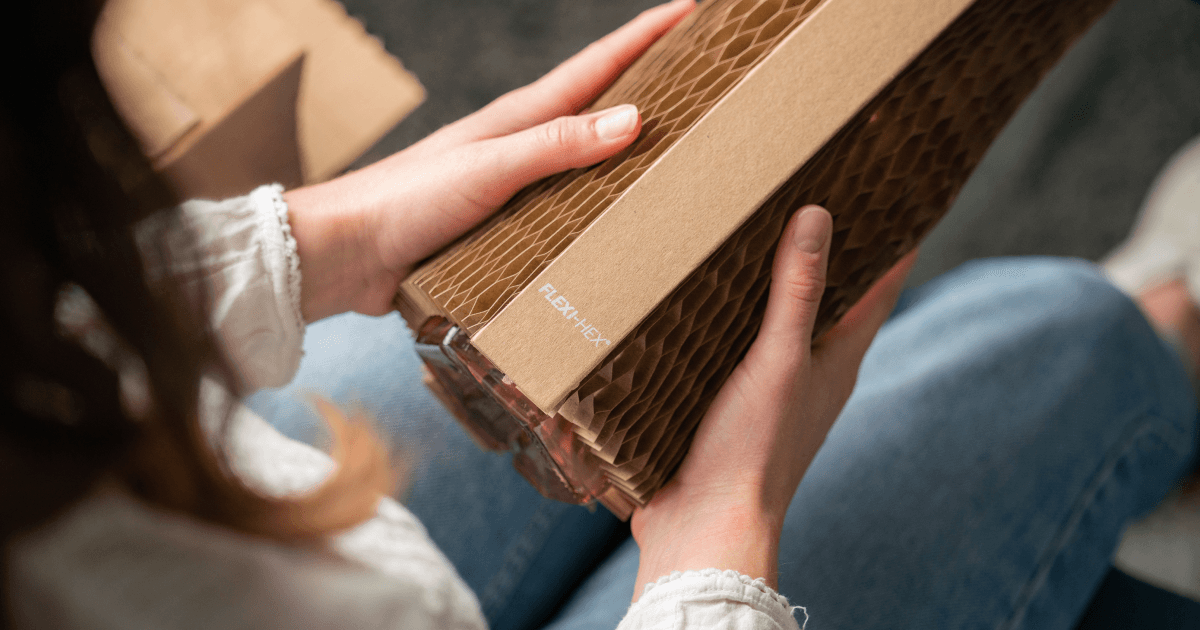Blog PostClimate change: the risk for business and the need for action
- Sustainability
- Innovation
Kris MooreMay 5, 2021 - 5 min read

Global supply chains mean climate change affects everyone, including your business.
The world is in a climate crisis, but greenhouse gases continue to be pumped into the atmosphere in record quantities. Amplified by recovering economies from the pandemic, carbon emissions this year are predicted to increase by the second largest rise in history.
As the world heats up from these emissions, the effects are all too clear. In 2020, the northern hemisphere had its hottest summer on record, and Europe suffered its hottest year since records began. The consequences of such temperatures ranged from record numbers of hurricanes sweeping the Atlantic to monsoon flooding in China that cost $32 billion.
Here’s how climate change affects your business and what you can do about it.
What are the risks for businesses?
Climate change doesn’t just affect the planet but businesses too. Volatile weather events can create unpredictable disruptions in your supply chain; interrupting production and transportation, severing connections to suppliers and ultimately hurting revenues. And because supply chains and markets today are truly global, the impact of a climate event in one place is likely to be felt by businesses across the world.
What’s being done to reduce global warming?
Countries have set targets to limit the impact of global warming. The most well-known of these is The Paris Agreement, established in 2015 to limit global warming to 2°C above pre-industrial levels. The United Nations Framework Convention on Climate Change believes this is the minimum amount required to substantially reduce the risks and impacts of climate change.
To date, 195 countries have ratified the legally binding agreement. This means regulations will tighten as countries aim to meet emission targets. And businesses need to ensure they adapt and comply as these changes happen.
What can businesses do?
To understand how your business can take action on climate, we need to first identify what the planet needs:
- It needs businesses to radically start reducing carbon emissions. This includes methods like using lower impact freight, leveraging new production methods that create less material waste, using spare transport capacity or finding business models that can accommodate circular economies. Whichever it is, reducing carbon emissions is critical.
- It needs carbon dioxide removed from the atmosphere. Planting trees is one approach, but it can’t scale globally, and neither is it a long-term option. What the planet needs is permanent carbon removal, and businesses supporting this solution can make a difference.
With increasing pressure from conscious consumers, organisations and legislation, businesses are being called to commit to becoming net zero by 2050. And momentum is growing. We recently saw the launch of Race To Zero, a global campaign aiming to accelerate the shift towards a decarbonised economy. Over 2,000 businesses are currently involved.
Whilst this is encouraging, we’re not yet on track to meet The Paris Agreement. Only 6% of consumer goods companies have set themselves targets rigorous enough to comply with the Paris Agreement. We need radical action. And we need carbon removal.
This is why we created Sourceful; to help businesses source smarter and more sustainably whilst reducing carbon emissions. And that’s why we also set up Sourceful Climate, an initiative giving businesses the chance to support pioneering carbon removal projects. We understood that carbon removal was critical to the fight against climate change but didn’t yet have the scale needed to address the problem. So, we wanted to play our part and help other brands to do the same.
Why is action needed now?
Besides the planet urgently needing us to take action, there are physical and transitional risks from society’s response to climate change. For example, regulation changes, like the UK’s recent Plastic Packaging Tax, may increase business costs or undermine the viability of existing products and services or affect asset values.
So, tackling climate change isn’t just about creating value for your brand, it’s about addressing fundamental risks that your business is likely to face in the near future and in turn, building a resilient supply chain to help with this.
In case that wasn’t sufficient, a study from Harvard researchers in 2016 found that businesses taking outstanding action on sustainability performed better on public markets than those with poor performance on sustainability indicators. Whilst past data isn’t a perfect predictor of the future, it does show that capital markets care about your actions on sustainability.
It’s crucial for every business to know what their impact is on the planet, and to take steps to ensure they're both reducing carbon emissions and taking action on climate change. Doing so not only creates positive brand perception but also mitigates the risk for your business and helps secure the future of our planet.
We want to help brands do exactly that: source more sustainable products, deliver smarter and more affordable supply chains, and make it easy to take stand-out action on the climate.

